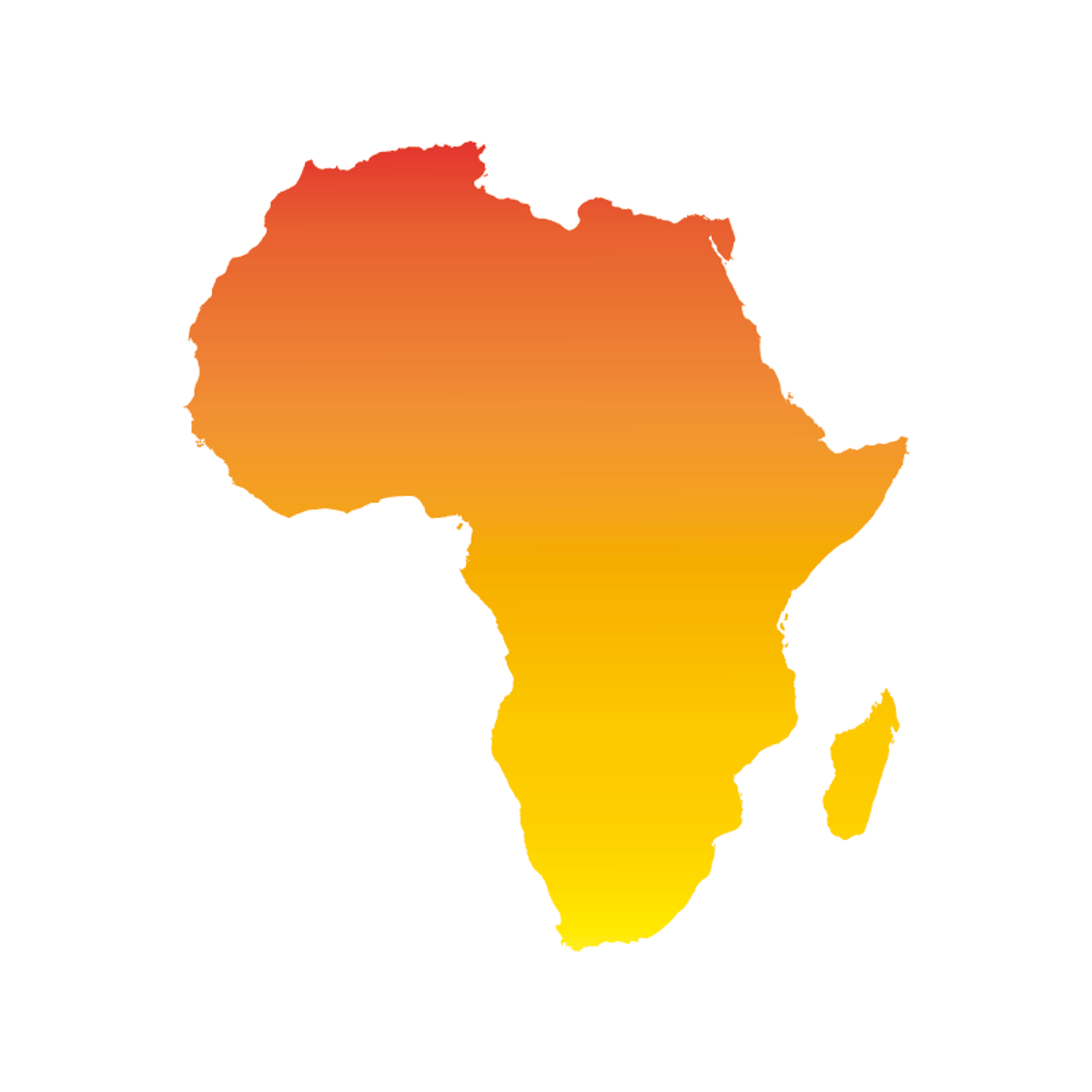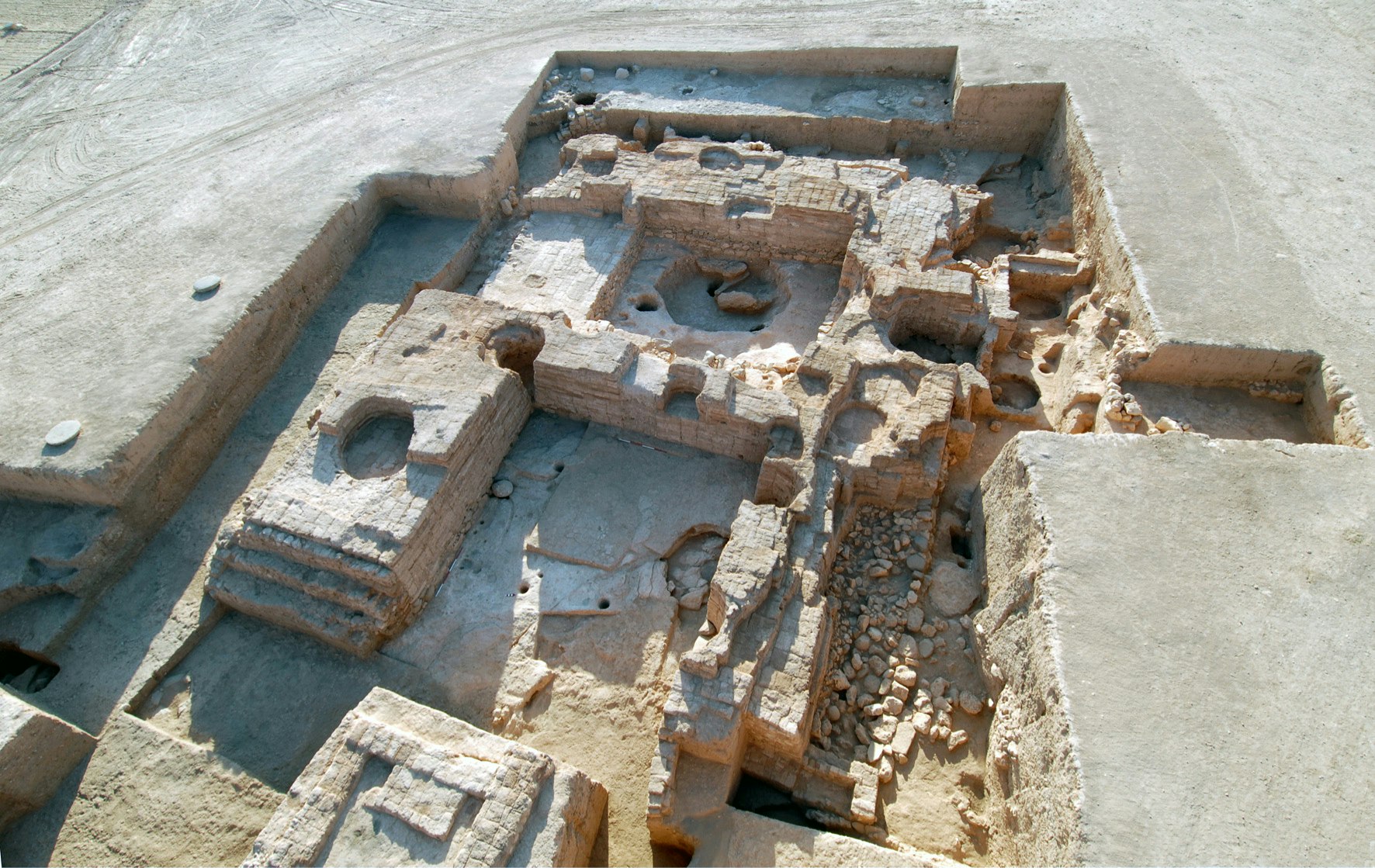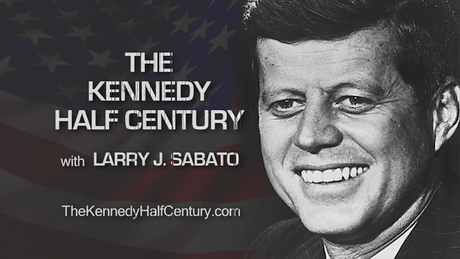Back to Courses



Arts And Humanities Courses - Page 47
Showing results 461-464 of 464

African development – from the past to the present
African development – from the past to the present -- offers a unique economic history perspective on Africa's development. Over a period of five weeks, the course covers a logical account of historical events and decisions that have shaped the current political-economical landscape of Sub-Saharan Africa - from the pre-colonial and the colonial era, to the era of liberalisation, modern day Africa and the future prospects of the continent.
One does not need to have a dedicated historical interest to benefit from the course. The course targets a broad range of professional groups, actors, organisations and curious individuals - all sharing a common interest in improving their understanding of the limitations and opportunities inherent in the Sub-Saharan African continent.

Recovering the Humankind's Past and Saving the Universal Heritage
Archaeology is, among human sciences, the discipline with the strongest importance for the rediscovery, but also for the preservation and protection of cultural heritage, as Humankind’s universal patrimony. You will be introduced to the way we ourselves reflect on and are engaged with the study of human past: from the practical and material recovery of ancient traces in the field to the study and interpretation. On the other hand, the discovery of human past implies the correct conservation and presentation for both experts and general public: the study and protection of the past we share every day prevent from any possible destruction, misuse, abuse and thus cancellation of human memory.
“Recovering the Humankind's Past and Saving the Universal Heritage” presents to a large public Archaeology as a historical discipline: through an inter-disciplinary perspective you will follow the evolution and change of archaeology to the moment when natural sciences contributed to make the historical reconstructions scientifically sound; the aid of informatics and of virtual reconstructions gives new fascination to the already strong suggestion of Archaeology, as the discipline of discovery par excellence. Within this frame, Ebla, which is the glory of the Sapienza school of Oriental archaeology, will have an exemplary meaning in the course development as a long lasting experience on the field and an excellent example of the scientific results of combined researches and disciplines.
Moreover, the course will focus on actual, innovative instruments to preserve, monitor and give value to cultural heritage through a multidisciplinary approach, based on a deep archaeological and historical knowledge but also on ICT technologies. The wide adoption of ICT technologies in our daily life is also impacting in the way in which we interact with our cultural heritage in particular in terms of preservation and dissemination of cultural objects.
In this course you will learn the basic techniques to digitize cultural objects and obtain 3D digital copies of a physical objects such as statues, vases or archaeological sites. We will also discuss how to structure the raw data in order to facilitate and make effective the access to digital contents. In particular, we will present the European Data Model, a framework for collecting, connecting and enriching data on cultural objects provided by a number of museum, archives, sites and libraries in Europe.

Transmedia Writing
Do you have a desire to write a novel, write a screenplay, design a video game? In this project-centered course you will develop your own, original, intellectual property (IP) into a transmedia project containing written versions of your IP on various platforms. You will begin your novel, adapt the first chapters of your novel into the opening scenes of a film or TV show and create a game design concept of your IP.
Learner review: "So much AMAZING information! The teacher and content are wonderful. Learned so much!"
This is a course is based in "Active Learning" so that most of the actual learning takes place within your own activities - that is, writing! You will learn by doing.
I am a proponent of experiential learning (also known as active learning). My lectures are short and succinct, designed in a step-by-step process essential to your success as a writer. I will guide you, I will show you how to get there, hopefully I will inspire you, but I won’t show you how to write or what to write. That is up to you, you are the only one who can illustrate your creative thoughts, by writing them! I firmly believe that the only way to become a writer is to write, write, write. You need to unleash your creativity and my plan is to help you to do exactly that!
Learner review: "This is the most challenging writing course that I have done so far! But, it actually made me write the first two chapters of my novel and now, I am now looking forward to finishing the novel and getting it published."
All of the assignments on this course are peer review. At each stage of the process, whether creating your novel, your screenplay or your video game, you will post your written work and review the works of your peers. Peer review is an extremely important element of this course. Giving feedback and getting feedback is essential to the development of your critical thinking and your growth as a writer. It is as important as the writing itself.
This course is designed to tap into your creativity and help you to develop your skills in expressing that creativity through written words.
Learner review: "It made me stay up to 4AM a few times, but its incredible. You will learn a lot, and it is a very fun class"
Writing is a truly beautiful, amazing, satisfying thing. Imagine, putting your own words on a page to tell a story which enters your readers minds and allows them to share the thoughts, emotions and lives of your characters. It is a very rewarding experience.
Learner review: "This course really pushed me to my limits and it is an eye opener for me that there are goals that I can still achieve and accomplish through the world of writing."

The Kennedy Half Century
When John F. Kennedy entered the presidential limousine at Love Field in Dallas, Texas on November 22, 1963, he began his ride into history. That journey continues even today and we call it the Kennedy legacy.
This course will explore the Presidency, assassination, and lasting legacy of President John F. Kennedy. Students will learn how JFK’s life, administration, and tragic death have influenced the general public, the media, and each of the nine U.S. presidents who followed.
Understanding the Kennedy legacy and being able to identify elements of his legacy within the context of modern politics helps understand many of the vexing problems that developed over the last half century as well as many of the challenges that confront us today.
November 22, 1963 was so powerful a moment that in the fifty years since the assassination, every U.S. President that followed JFK has used Kennedy’s words and actions in an effort to craft their own political image. Why does Kennedy’s influence persist, and will it continue? What are the effects?
We’ll address these questions and more as we explore The Kennedy Half Century.
Follow on Twitter: @JFKclass.
Popular Internships and Jobs by Categories
Find Jobs & Internships
Browse
© 2024 BoostGrad | All rights reserved